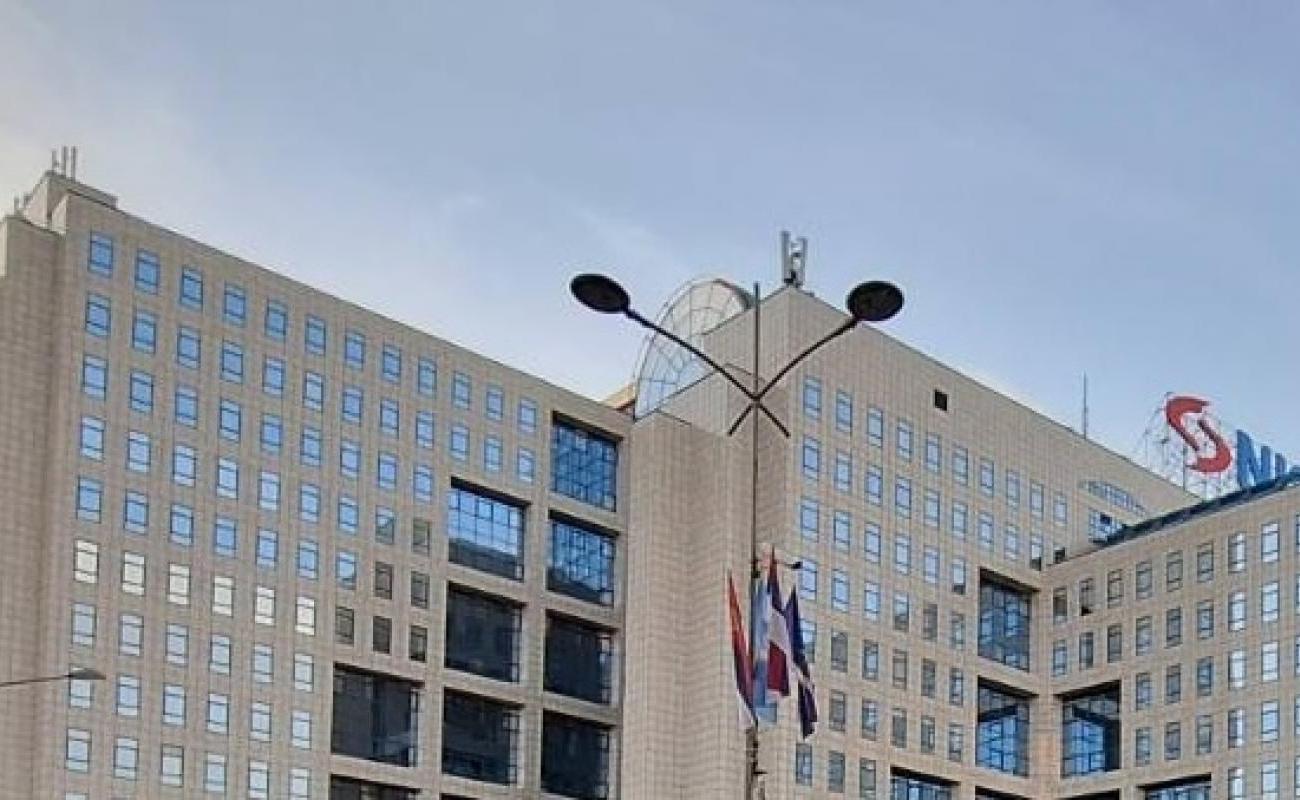IVAN LAKIĆEVIĆ: Sanctions to NIS as a warning for pro-Russian politics
"A warning in the form of sanctions should not be a surprise because Serbia has something to warn about"

How to interpret the US sanctions on the Serbian oil industry? It seems that the dominant interpretation is that it is a matter of sanctions against a Russian company, and that the possible damage to Serbia due to the whole situation is purely collateral. This interpretation is in accordance with the official messages of the US administration, according to which the main goal of the sanctions is to minimize Gazpromneft's profits and thereby reduce Russia's capacity to wage war in Ukraine.
Regardless of the possible discrepancy between official and unofficial motivations for these sanctions, it is clear that the main target of these sanctions is Gazpromneft. After all, NIS is only one among over three hundred companies that have been put under sanctions precisely because of their connection with Gazpromneft. In addition, the conditions under which the sanctions were introduced are such that the sanctions against NIS are lifted as soon as there is no more Russian ownership in it - i.e. the moment when the possibility of financing the Russian war in Ukraine from the profits of that company is eliminated.
On the other hand, it should be kept in mind that the importance of NIS for Russia, at least when it comes to its war efforts in Ukraine, is extremely modest. Dividends that NIS paid to Gazpromneft last year - just over 40 million, are just a drop in the ocean, that is, they make up less than 0.1% of the Russian military budget.
Therefore, it is difficult to escape the impression that these sanctions in some way serve as a warning to Serbia. When the line is drawn, NIS as an individual company is of far greater economic importance for Serbia than for Russia. Although the Republic of Serbia is not the majority owner (it has a 30% share), NIS is nevertheless a company registered in Serbia, and as such pays taxes in this country. President Vučić recently announced that NIS payments into the state coffers account for 9% of the budget. In addition to all that, it should also be borne in mind that this company is the largest importer of oil in the country, as well as that it covers 80% of the domestic fuel market, which further increases its importance for Serbia.
A warning in the form of sanctions should not be a surprise because Serbia has a lot to warn about. During a guest appearance, US Ambassador Christopher Hill drew attention to the fact that Russia finances its war in Ukraine through NIS. Therefore, a company registered in Serbia, in which the Serbian state has a significant share (although not a majority), contributes to Russian efforts in Ukraine. In addition, it should be remembered that Serbia (along with Belarus) is one of the few countries in Europe that have not imposed sanctions on Russia since the beginning of the war in Ukraine in 2022.
The US can also blame Serbia for its closeness with Russia on issues not related to the war in Ukraine. This is, among other things, Serbia's policy towards the region, where the interests of official Serbia and Russia coincide to a large extent - first of all when we talk about the issues of Kosovo, Republika Srpska and Montenegro. And we should not forget that the Ministry of Internal Affairs of the Republic of Serbia
has on several occasions participated in the persecution of activists from Russia and Belarus, who oppose the autocratic regimes there.
These reasons are not unknown even to the American administration itself. Sanctions against NIS are not the only sanctions aimed at Serbia. It is too often forgotten that two members of the Serbian government have been under sanctions for a long time - Nenad Popović and Aleksandar Vulin, who is its vice president. By the way, it should be pointed out that they were not members of the Government at the time when sanctions were imposed, but were appointed to those positions only later - and despite the US sanctions.
Unlike the sanctions imposed by the USA on Popović and Vulin, there is a solid probability that the sanctions on NIS will be effective - in the sense that Vučić will agree with the Russians to take over NIS or sell it to a company that is not owned by Russia. However, the real question to ask is what the Russians will demand in return. In particular, attention should be paid not only to financial compensation, but also to political compensation, which would compensate the Russians for the eventual loss of political influence in Serbia after leaving the NIS. The problems of exactly where to find the space to compensate for the lost political influence will probably present a bigger challenge than the economic part of the transaction.
